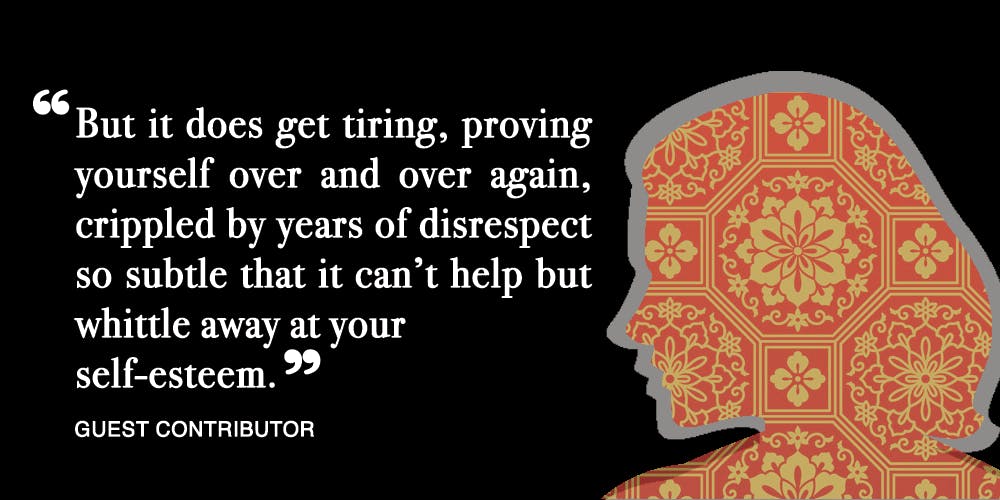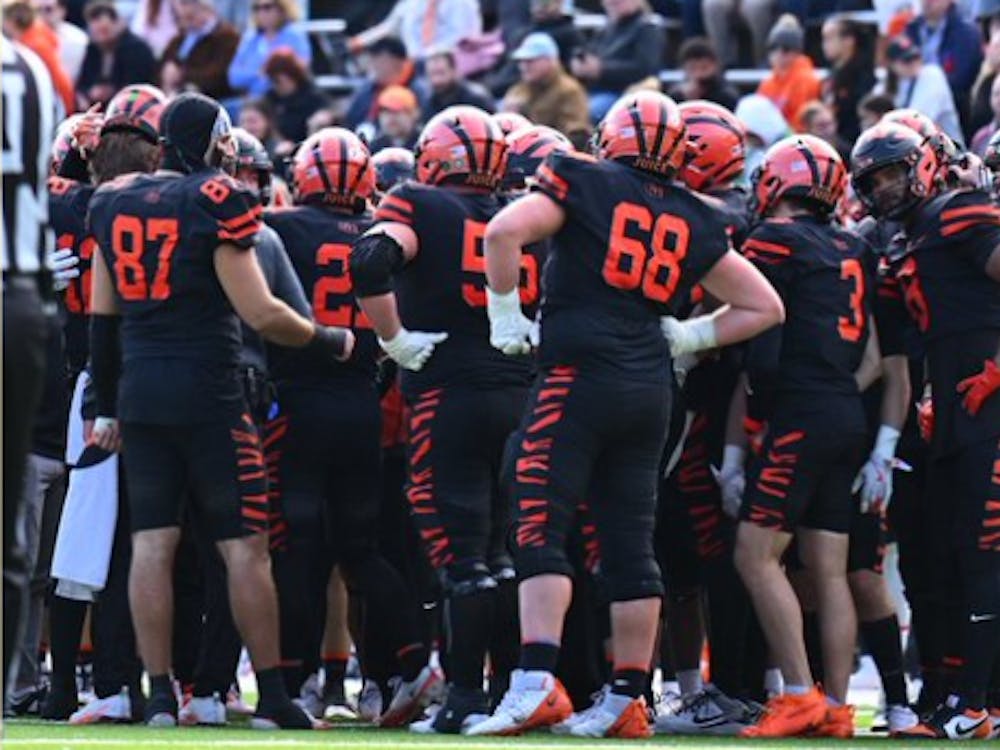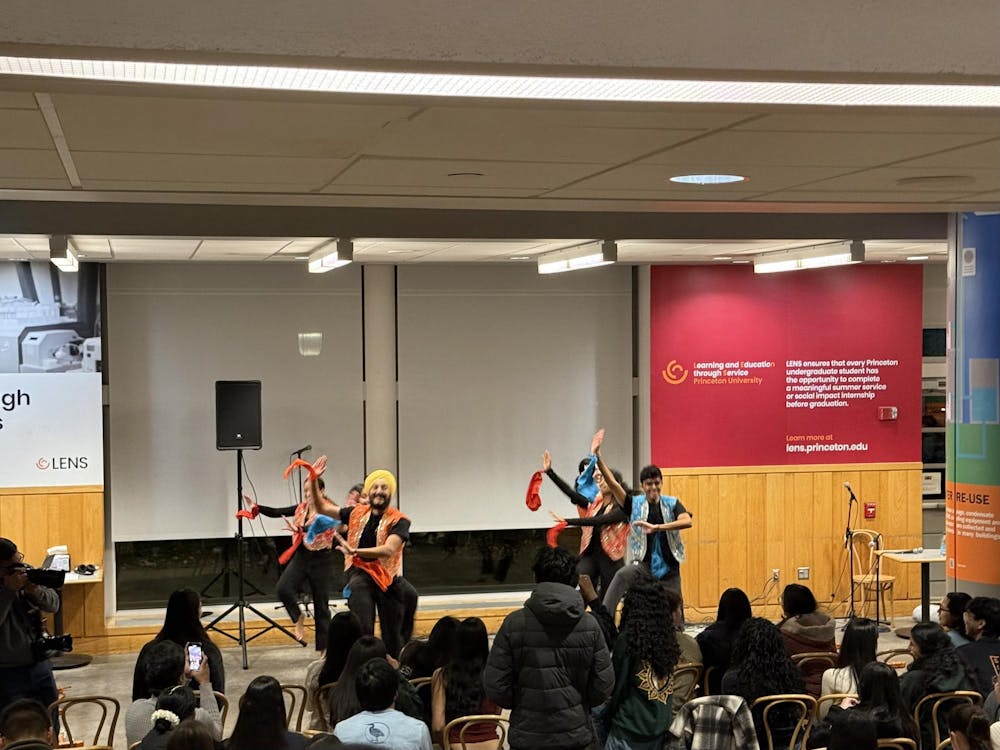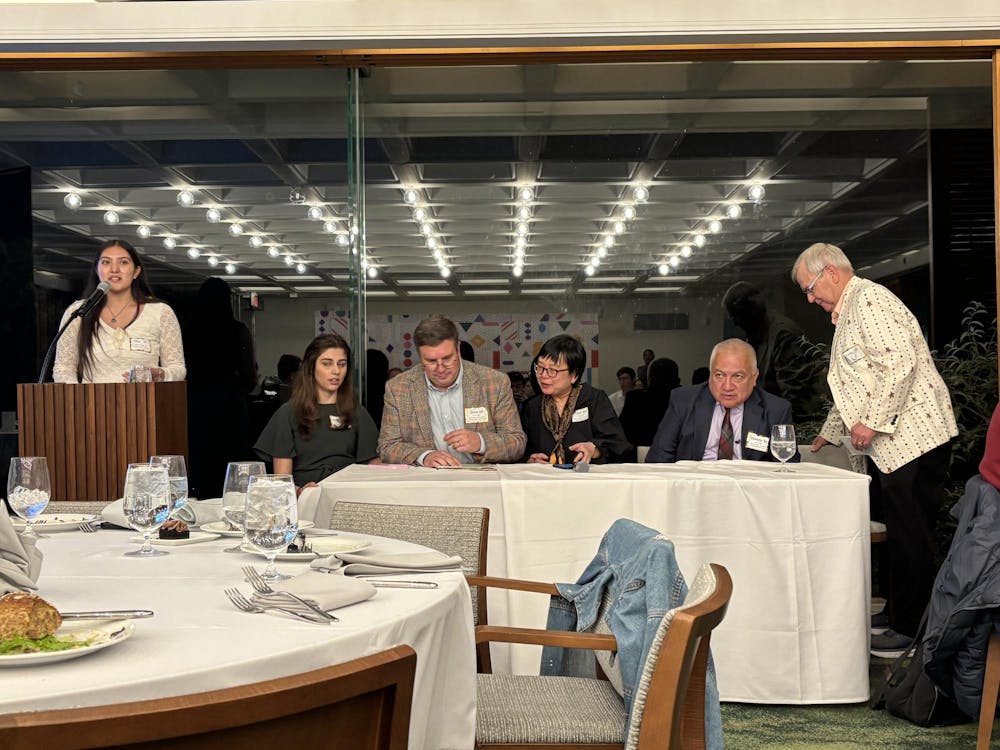I’ve been reluctant to write this — or anything pinning my issues onto my race. Anything impassioned about racism, to be honest. While I am appreciative of my heritage, I’ve always felt that I’m not defined solely by my ethnicity and, more than just being apathetic, I have found it unrelatable — I’ve been fortunate to never have felt openly discriminated against because of my skin. Yet, I want to write — I am uneasy.
I’ve had a hard time embracing the concept of racism, but as I’ve grown older, I’ve recognized that there are hierarchies in every aspect of life. Including race. And despite living in the USA, in 2018, in a place and age full of attempts to be inclusive, the hierarchy still exists. It must, when so many different peoples are clamoring for their voices to be heard. And racism in my limited experience has been less so in the form of, “I will enslave you, you people of color,” but more in terms of opportunity and respect. So even though I don’t think people are explicitly racist towards me in the conventional way, I’ve come to see that my ethnicity isn’t an advantage in what I want to achieve in my life.
As someone raised in a typical Chinese-immigrant-pursuing-a-better-life family, I’ve grown up with the mentality that if you work hard enough, you will gain respect. I have been instilled with values of obedience and hard work, of toughing it out, of not making a fuss, and gritting your teeth despite everything. Pursuing academics, not politics. Dedicating your life to your kids, doing things you don’t like because it’s necessary for a good future. That’s how I was raised, and I can see the effects of this mentality on my entire race, in life and in the fight minorities have for respect. We go about it in a rather Booker-T-Washington-ish approach — not causing much of a political fuss, not as outspoken compared to other minorities. I guess it’s worked, since Asian Americans are seen as this “model minority,” economically vibrant, known for work ethic.
Yet, I’ve come to find that this temperament of obedience, passiveness, of people-pleasing, may come with some semblance of respect, but not fully. And throughout my privileged life, at this prestigious university and outside of it, the humiliation is so subtle I can’t quite place a finger on it. Does it come from the inherent differences in people? I have lingering feelings of being completely taken for granted, of being slightly inferior — but these feelings aren’t strong enough for me to label what they are; instead, they float away into subconsciousness and I am left feeling perpetually uneasy.
My friends don’t see me for my race and I am well aware of this. They poke fun at stereotypes I embody because, after all, they are generalizations for a reason, and I am never one to stifle a good laugh. But with people I don’t know, the immediate judgement of what I am on the outside writes me off as more passive, more hardworking, less conventionally “cool.” It always frustrates me when I’m at first seen for my yellow skin and small eyes and initial quiet temperament because I have to prove myself in ways I feel others don’t just to show I’m more than just “Chinese.” It got to a point where I felt invisible — not because I wasn’t seen, but because people simply refused to see me outside of their imagination of who they thought I was. But I also recognize that it isn’t anyone’s fault, really, that it’s just the way things are. That once they get to know me and I get to know them it’ll be different — I just have to work harder to show them that I am more than a typical hard-working, academically-driven Asian girl, to have them see me for me. But it does get tiring, proving yourself over and over again, crippled by years of disrespect so subtle that it can’t help but whittle away at your self-esteem. And oftentimes I don’t have the luxury of constant exposure to change their minds, so I am automatically seen as what I believe to be less than I am.
I went through a phase where I denounced anything “too Asian.” I watched with quiet resentment as friend-groups formed and people stuck with their own race, here and at home. They’d say it’s because of shared backgrounds, but I knew it’s also because oftentimes you just cannot beat a collective opinion, and it’s easier to stick with people who look similar so you don’t need to fight for respect. And maybe in this way, discrimination against Asian Americans is muted yet pervasive. I promised myself I would never do this, never have only Chinese friends. I would keep my heritage and keep my childhood and all the lessons I’ve learned from the Three Kingdoms and Monkey King, but I would prove to people and myself that I was more than that. A private battle against the way things are.
However, as I sit here, staring at the only book I bought from home (Sun Tzu’s “Art of War,” of course), I am overwhelmed with a sudden appreciation for my culture and how it has influenced my development. I am beginning to understand what it means to be connected through race — these similarities and struggles we all experience independently are something precious that people of different backgrounds simply wouldn’t understand. It’s complex, something I haven’t explored deeply enough yet. But I know that feeling ridiculed and disrespected is a universally shared experience that all types of people have felt on different scales. With differences, it’s inevitable — and, just as I am judged based on my appearance, I too am responsible for disrespecting and writing people off based on theirs. So regarding this fight to gain respect and opportunities for minorities — I don’t quite know what I think about it, I don’t know what I am capable of changing, I don’t know what my stance is, I don’t even know what I feel I’m entitled to call for. I just wanted to write. But there is a quote from The Invisible Man, one of my favorite books, that resonates with me on a low frequency — that can perhaps resonate for others:
“I feel the need to reaffirm all of it, the whole unhappy territory and all the things loved and unloveable in it, for it is all part of me.”
Jenny Ma is a freshman from Cupertino, California. She can be reached at jennyma@princeton.edu.









